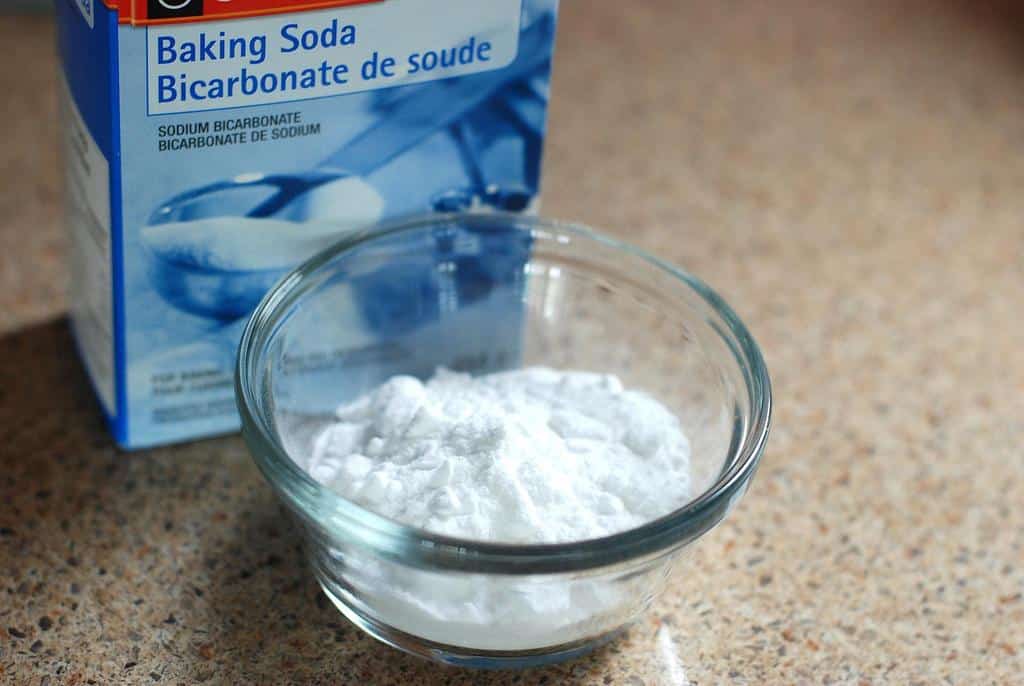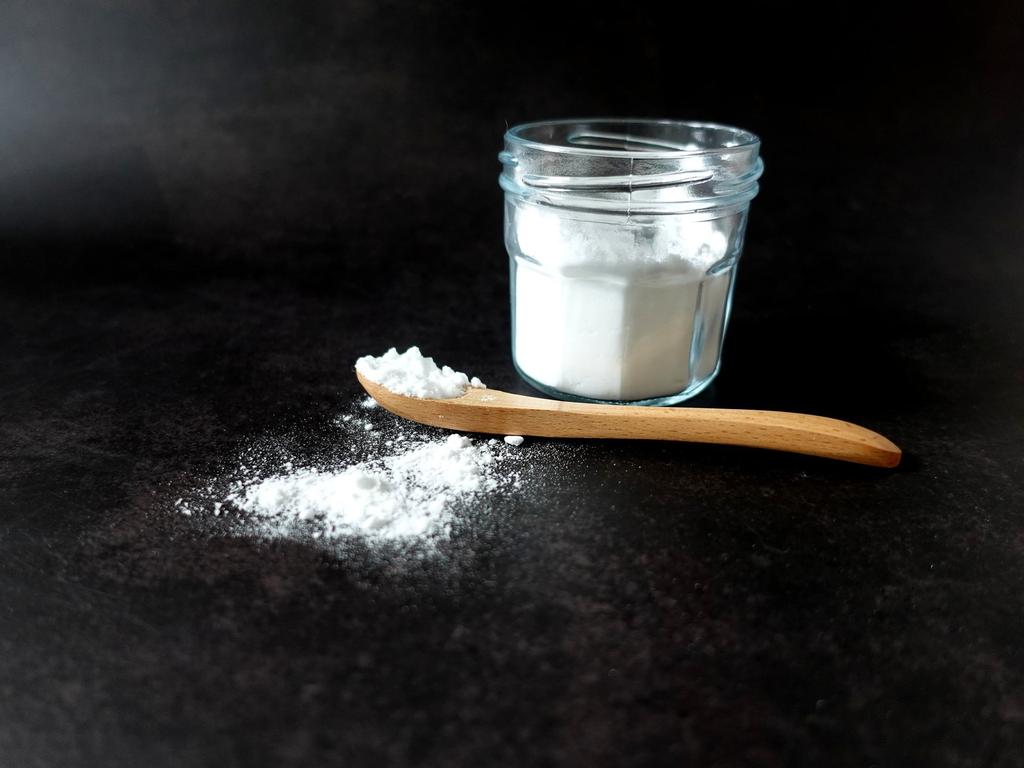You might not have ever finished a container of baking soda. That, however, is about to change. According to certified fitness nutrition specialist and certified personal trainer Britt Brandon, author of the book “Baking Soda for Health,” the natural mineral sodium bicarbonate (baking soda) is an often-overlooked but versatile ingredient that may be used to promote health when you ingest it dissolved in water.
Similarly, products like CBD gummies for sleep have gained attention for their natural health benefits, providing another way to support wellness in everyday life.
Indeed, that baking soda in the back of your fridge might be the main ingredient in a health-boosting concoction. Here are seven reasons to drink a glass of water with a teaspoon of baking soda.
1. It can Improve Your Digestive System
Digestion issues are the type of thing that may throw your entire day off (mainly if you are one to get nervous). So, whether you are prone to stomach issues or want to improve your overall health, Brandon recommends mixing a teaspoon of baking soda in an eight-ounce glass of water first thing in the morning “to help maintain a healthy pH balance throughout the digestive system for optimal digestion, minimized acid reflux, and healthy bowel functioning.”
2. Promotes Cardiovascular Health
A weakened cardiovascular system can cause fatigue and affect digestion, immunity, and brain functioning. “Cardiovascular issues can lead to the possibility of serious health conditions such as heart disease, chronic respiratory disease, and the development of various blood issues,” Brandon added.
For most people, one teaspoon of baking soda mixed in an eight-ounce glass of water daily can help break down blockages and increase blood flow.

3. To Alleviate Bloating
If you are experiencing bloating rather than inflammation, try a teaspoon of baking soda mixed with four to six ounces of water to relieve the discomfort.
Brandon explained:
“By returning the pH to neutral levels, the body’s gases can be calmed, and the digestive processes, acids, and enzymes can return to their natural state, and foods can be broken down normally without issues and disruptions. This alleviates the issues causing your bloat.”
4. May Boost Exercise Performance
Athletes frequently use baking soda as a supplement. Several studies have shown that baking soda can help you perform at your best for longer, especially during high-intensity training, sprinting, and anaerobic exercises.
Your muscle cells produce lactic acid during high-intensity exercise, responsible for the burning sensation you experience while exercising. Lactic acid also causes your muscles to tire by lowering the pH inside your cells.
Baking soda may delay fatigue thanks to its high pH, allowing you to perform at maximum intensity for longer. According to one study, cyclists who consumed baking soda exercised approximately 4.5 minutes longer than those who did not.
One review found that this supplement may be effective when taken in doses of around 0.13 grams per pound (0.3 grams per kg) of body weight. However, another analysis recommends a dose of 135 mg of baking soda per pound of body weight (297 mg per kg) 1–2 hours before training.

5. It Can Help Keep Your Kidneys Healthy
Chronic kidney disease (CKD) causes kidney function to deteriorate over time. Your kidneys are essential because they filter toxins from your blood while balancing crucial minerals such as calcium, potassium, and sodium and promoting healthy hormone production.
Although additional research is required, several studies suggest that taking sodium bicarbonate improves kidney function and slows CKD progression. For example, in a trial at the Royal London Hospital, 134 patients with severe chronic kidney disease who were given a daily dose of baking soda alongside regular treatment were able to delay the loss of their kidneys by two-thirds compared to those who did not get baking soda.
A daily cup of water containing a teaspoon of baking soda can help regulate your body’s pH level and improve hormone balance, blood quality, and nutrient absorption (all of which can help your kidneys stay healthy.)
6. May Improve Certain Cancer Treatments
In the U.S., cancer is the second leading cause of death. It’s frequently treated with chemotherapy, a chemical cocktail that slows or stops the growth of cancer cells, which typically increase and divide at a rapid rate.
According to certain studies, baking soda may improve the effectiveness of chemotherapy drugs by reducing the acidity of the tumor environment. However, human research is required since the current information is based on animal and test-tube studies. If you are getting chemotherapy for cancer, talk to your doctor about adding baking soda to your regimen.
7. To Relieve Acid Reflux
Heartburn, known as acid reflux, is a painful, burning sensation. It is caused when acid from your stomach travels up into your esophagus, the tube that connects your stomach to your mouth. Although various factors can cause acid reflux, it is most commonly caused by eating greasy or spicy foods, drinking carbonated beverages, or eating large meals.
If you have acid reflux regularly, you might want to consider making some dietary changes to help reduce heartburn in the long run. On the other hand, baking soda can help cure heartburn in the short term by neutralizing stomach acid. To give it a try, dissolve one teaspoon (5 grams) of baking soda in a glass of cold water, mix it up, and drink slowly.

Brandon warns:
“As with any antacid medication, you will neutralize the acid in your stomach if you take too much baking soda. Unfortunately, this can result in your stomach producing more acid to compensate, causing you to take more baking soda and thus forming a vicious cycle.”
However, there is some debate about whether everyone who suffers from heartburn has excessive stomach acid levels.
Risks of Drinking Too Much Baking Soda
There are disadvantages to drinking baking soda to keep in mind, including:
- Baking soda contains a lot of sodium, with 630 mg per 1/2 teaspoon (2.3 grams), so be aware if you have to limit your sodium intake.
- Continued use may cause heart issues and metabolic alkalosis (when your blood becomes overly alkaline.)




